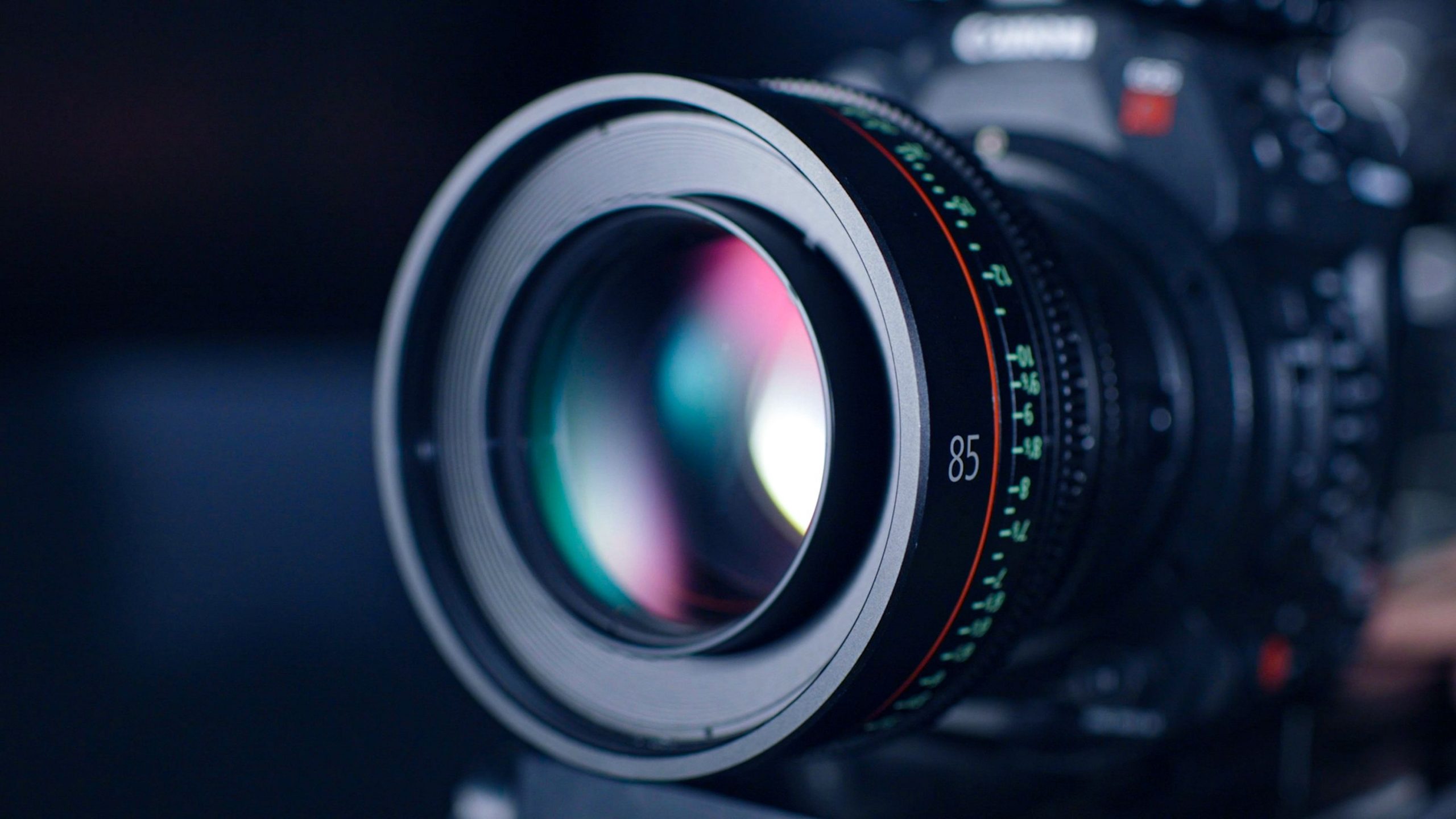Is it about time you started looking for a new camera? Are you thinking about upgrading to something that has 4K, 6K, or even 8K capabilities? While it’s fun to say you shoot in such a high resolution, what benefits are you actually getting? If you pay for an upgrade to have higher resolution, what other costs will come as a result? Let’s take a look at some of these points.
What kind of screen is your client using?
First checking to see if your clients have 4K TVs and monitors is an important step. If none of your clients are even asking for 4K then you really shouldn’t be worrying about it. If your clients ask about 4K or even 8K, you may want to try a couple of things before rushing to the store.
– Increasing the contrast of the TV screen can actually help the picture look more clear. This is very simple to do and can improve the viewing experience.
– Whether or not your TV is LED or OLED can also have a massive impact. Check out this video that goes into more detail in comparing 4K and 8K TVs. We found it very informative and even entertaining. 🙂
So you see, telling a difference between 4K and 8K is quite difficult – even on large TVs! Especially if your TV is OLED. Also keep in mind that while a good number of people have 4K TVs, hardly anyone has 8K TVs. Besides on TVs, your clients will almost certainly be watching their videos on computers and phones. Posting videos to social media to share with friends and family has become commonplace. These two devices are much smaller than TVs (with the exception of some monitors) so being able to tell a difference in resolution will be even more difficult, if not impossible.
Pros to 4K and beyond
1. The most obvious pro to 4K is of course better quality if your devices are compatible with it.
2. 4K gives you a little more room to maneuver in post production if you export in HD. Because 4K has so much higher resolution than HD, if you need to zoom in to cut out part of a clip, you can do so without compromising any of the quality. (As long as you don’t zoom in TOO much)
3. Impress some clients by saying you can deliver in 4K.
What are other costs to think about before purchasing a camera?
1. Before purchasing a 4K camera or beyond, try editing a small video on your computer with only 4K files. How well does your computer handle 4K files? If programs like Premiere start to lag and the playback isn’t smooth, your computer will probably need an update if you decide to move forward with 4K. This can very easily end up costing thousands of dollars.
2. Storage space. Keep in mind that 4K files are massive. A 13 second video can easily be over 150MB. To be able to handle this huge increase in file size, what will you need? Extra hard drives? You can purchase a 1TB hard drive for $40 to $50 (or more). This may get cumbersome though with having to purchase more and more hard drives as you book gigs. Maybe it would make more sense to use a storage provider like Dropbox. Their individual plans range from $10 to $17 a month, but this only provides you with a few terabytes. This might work at first, but eventually you’ll run out space, trust us. The only unlimited plan Dropbox has is for businesses (which can still be purchased by individuals) and it’s $60 a month. As you can see, costs vary depending on which route you’d like to go, but upgrading your storage will be needed if you upgrade your resolution.
3. If you move and transfer files online, say using Dropbox, you’re going to need faster internet. Again, 4K files are massive, so if you don’t upgrade your internet, plan on at least doubling or tripling your file transfer times. To help maintain your current file transfer times, how much more would it cost to double your internet speed?
4. Lastly, if you’re going to be the one editing, you’ll want to give yourself extra time for editing and exporting. If point 1 has been taken into consideration and your computer has been upgraded, maybe this point won’t apply to you as much. If you’re used to your exports taking 20 min or less, plan for well over an hour for your exports to finish.
Hopefully this post has allowed you to see that there are a lot more points of consideration if you’re wanting to upgrade to 4K or beyond. There may be more costs involved than you realized. However, EditSmart is capable of assisting you with the post production of 4K, 6K, or 8K files, which can certainly help keep costs down and save time. If you have questions about a particular project you’re working on, we invite you to contact us. Happy filming!
